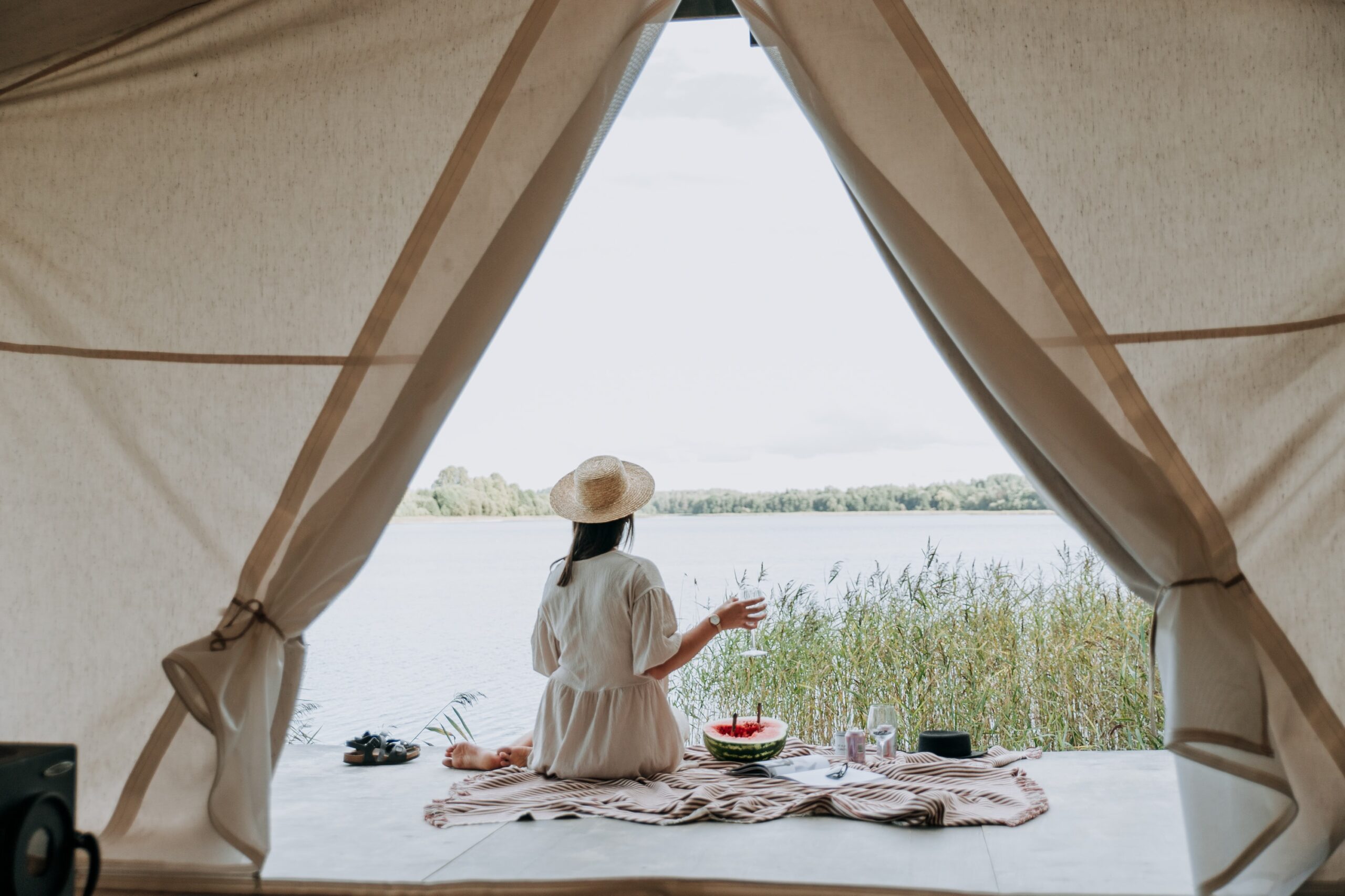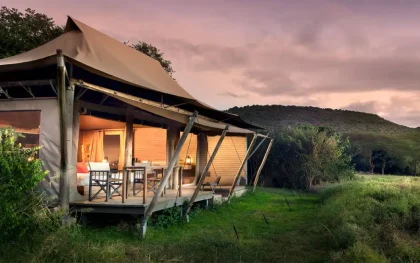Travel today is no longer just about getting from one place to another. More and more travelers are searching for experiences that connect them to the past, immerse them in culture, and allow them to carry home stories rather than just souvenirs. Historic heritage hotels stand at the center of this growing trend.
These are not ordinary hotels. Many of them are former royal palaces, medieval castles, colonial mansions, or centuries-old monasteries that have been carefully restored and transformed into luxury accommodations. Staying in such places is like stepping into another time where history, art, and culture blend seamlessly with modern comfort.
What Makes Historic Heritage Hotels Special
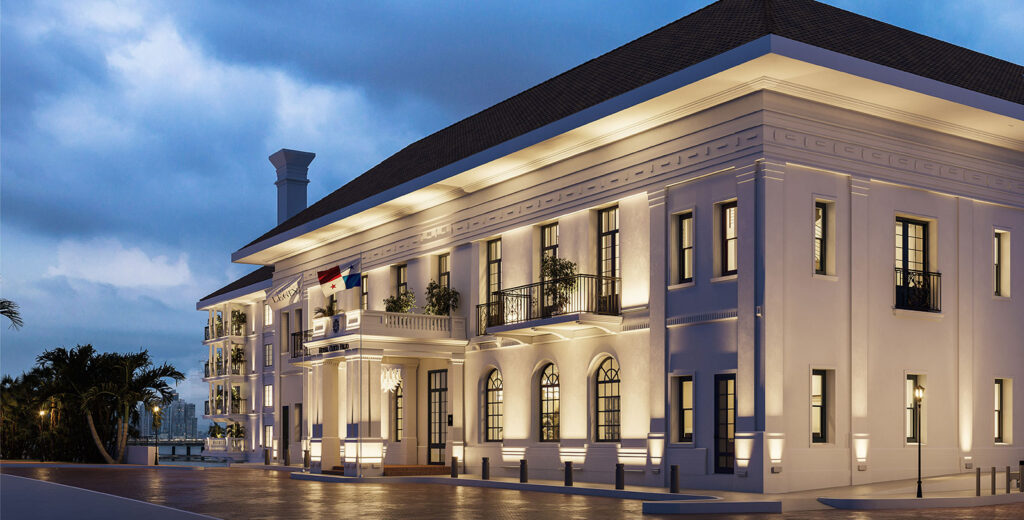
phgcdn.com
Historic heritage hotels are unique because they embody both memory and luxury. Unlike modern resorts, which are often designed to be sleek and contemporary, heritage hotels carry the weight of centuries of stories. They are filled with antiques, paintings, and architectural features that tell us how people once lived, celebrated, and ruled.
Many of these properties were originally built by monarchs, aristocrats, or religious leaders. Over the years, they have witnessed royal weddings, political intrigues, cultural celebrations, and even wars. When you walk through the halls of a heritage hotel, you are not just a guest you are a participant in history, even if only for a short while.
Another special quality is that these hotels preserve cultural identity. Every detail, from the local craftsmanship in the furniture to the artwork on the walls, reflects the heritage of the region. In a globalized world where so many travel experiences feel the same, heritage hotels stand out as deeply authentic.
Benefits of Staying in Historic Heritage Hotels
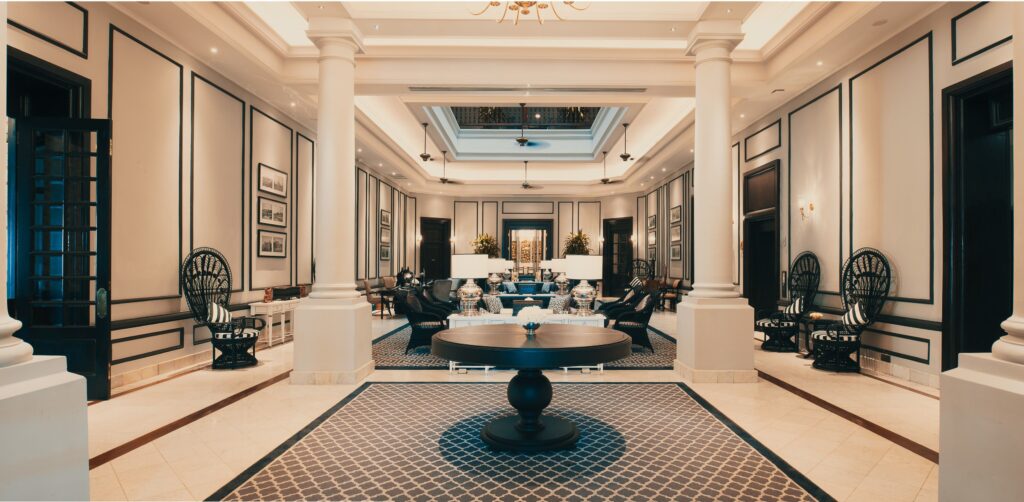
media.cnn.com
Staying in a historic heritage hotel offers benefits that go far beyond luxury. The advantages are both emotional and practical, and they make these stays memorable for a lifetime.
Immersion in Living History
Rather than visiting a museum during the day and returning to a modern hotel at night, guests in heritage hotels live inside the museum itself. Imagine sleeping in a four-poster bed once used by nobility, or dining in a banquet hall where kings and queens once feasted. This level of immersion transforms an ordinary trip into a story worth retelling for years.
Architectural Beauty and Design Education
The architecture of heritage hotels is itself a history lesson. From Mughal arches in India to Gothic courtyards in Spain, or Renaissance frescoes in Italy, these buildings represent centuries of artistry. Travelers who appreciate design and craftsmanship can observe details that would be impossible to find in a newly built hotel.
Blending the Past with the Present
While the atmosphere is rooted in history, the comforts are thoroughly modern. Guests enjoy fine dining, spa treatments, and Wi-Fi, all while surrounded by antiques and stone walls that have stood for hundreds of years. This blend ensures that travelers never have to choose between luxury and culture they can have both.
Supporting Preservation
Every booking contributes to the preservation of cultural monuments. Heritage hotels require constant maintenance, from restoring fragile frescoes to maintaining ancient stonework. By staying in them, travelers actively participate in keeping history alive for future generations.
Real-World Examples of Historic Heritage Hotels
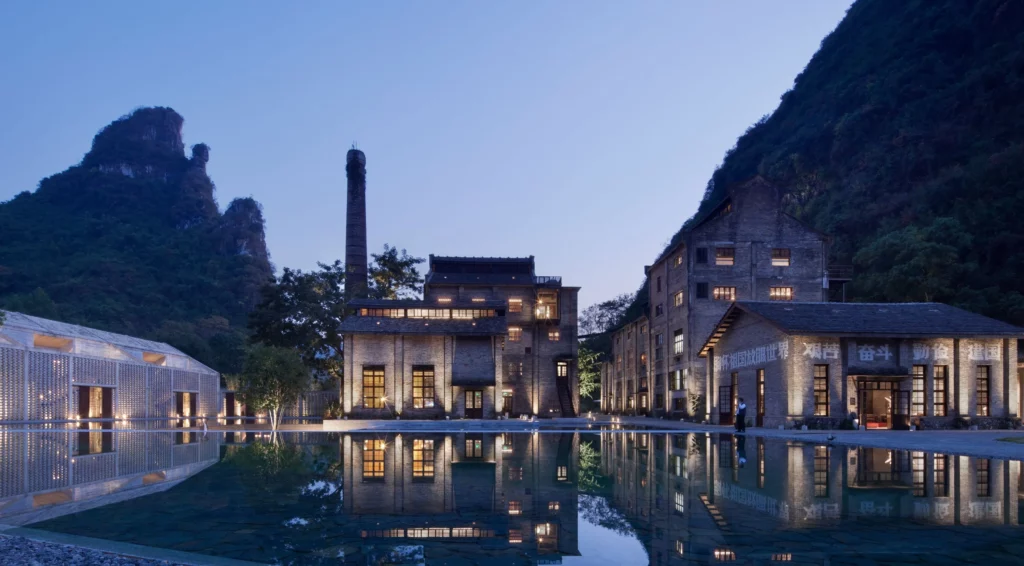
images.lifestyleasia.com
To better understand the value of these properties, here are five iconic examples from around the world.
Taj Lake Palace – Udaipur, India
The Taj Lake Palace is a vision of white marble floating on the waters of Lake Pichola. Built in 1746 as the pleasure palace of the Maharana of Udaipur, it is today one of the most romantic heritage hotels in the world. Guests arrive by boat, immediately feeling transported into a royal era.
Inside, each suite is decorated with mosaics, frescoes, and carvings that reflect Rajasthan’s royal traditions. Dining on terraces overlooking the lake feels like stepping into a fairytale. For couples seeking an unforgettable honeymoon or anniversary, the palace offers unparalleled intimacy and grandeur.
The experience solves the problem of “ordinary travel.” Instead of just staying in a luxury suite, guests immerse themselves in royal traditions while also contributing to the preservation of Rajasthan’s cultural heritage.
Parador de Santiago – Santiago de Compostela, Spain
Dating back to 1499, the Parador de Santiago is one of the oldest continuously operating hotels in the world. Originally built as a hospital for weary pilgrims traveling the Camino de Santiago, it has evolved into a heritage hotel that still embodies centuries of hospitality.
The Gothic and Renaissance architecture is breathtaking, with stone courtyards and chapels that whisper stories of medieval Spain. Dining here means tasting Galician dishes in settings where travelers from across the centuries once gathered.
For cultural travelers or pilgrims completing the Camino, this hotel represents both a resting place and a living piece of history. Staying here ensures that the spirit of the pilgrimage remains alive for modern generations.
Raffles Hotel – Singapore
Founded in 1887, Raffles Hotel has become a symbol of colonial heritage and luxury in Southeast Asia. Its elegant white façade, palm-lined courtyards, and grand suites have hosted literary legends such as Ernest Hemingway and Somerset Maugham.
The hotel is famous for its Long Bar, where the Singapore Sling cocktail was invented. Beyond its cultural significance, Raffles offers butler service, fine dining, and wellness treatments that merge old-world charm with contemporary indulgence.
For business travelers, this hotel transforms a simple work trip into a cultural experience. For history enthusiasts, it is a chance to relive the glamour of early 20th-century Singapore while enjoying modern comfort.
Ashford Castle – Ireland
Ashford Castle is a medieval masterpiece dating back to 1228. Once home to the Guinness family, it is today one of Europe’s most luxurious heritage hotels. Surrounded by 350 acres of gardens and forests, the castle offers activities such as falconry, horseback riding, and boating.
Inside, each room is individually designed with tapestries, antique furniture, and rich colors. Staying here feels like living in a medieval fantasy, but with the comforts of the modern age.
For families, Ashford Castle solves the challenge of keeping both adults and children engaged. While parents enjoy fine dining or spa treatments, children can learn falconry or explore the vast estate, making it a holistic family experience.
The Gritti Palace – Venice, Italy
Overlooking the Grand Canal, the Gritti Palace is a Renaissance jewel built in the 16th century. Once the residence of Doge Andrea Gritti, it now stands as a hotel that combines Venetian opulence with world-class hospitality.
Murano glass chandeliers, hand-painted ceilings, and antique furnishings create an atmosphere that transports guests into Venice’s golden age. Dining here, with views of gondolas drifting past, is like living inside a Venetian painting.
For art lovers and cultural travelers, The Gritti Palace provides direct access to Venice’s history. It solves the problem of “tourist fatigue” by turning the hotel itself into one of the city’s greatest attractions.
Why Travelers Choose Heritage Hotels Over Modern Resorts
Modern resorts may have sleek designs and new facilities, but they often lack character. Heritage hotels, in contrast, provide meaningful connections to culture and history. They allow travelers to live stories instead of just observing them.
By choosing heritage hotels, travelers avoid the “cookie-cutter” experience of identical hotel rooms. Each stay becomes personal, unique, and deeply memorable.
The Role of Heritage Hotels in Modern Travel
In today’s fast-paced world, many travelers feel a longing for authenticity. They want to understand the roots of a place, not just its modern surface. Heritage hotels fulfill this longing by blending historical significance with luxury.
They are also vital for sustainable tourism. Instead of building new resorts that can damage the environment, restoring and maintaining existing heritage properties preserves cultural landscapes while still meeting the demands of global travelers.
Conclusion
Historic heritage hotels are more than luxury accommodations. They are cultural treasures that allow travelers to step into history while enjoying modern comfort. Each stay is an education, a cultural immersion, and a contribution to preservation.
From the floating palaces of Udaipur to the medieval castles of Ireland and the Renaissance gems of Venice, these hotels tell stories that no modern resort can replicate. By choosing them, travelers become part of a larger mission: to keep history alive, one stay at a time.
FAQ
What defines a historic heritage hotel?
A historic heritage hotel is typically a property that has significant cultural, architectural, or historical value, often dating back centuries. It has been restored and adapted to provide modern hospitality while preserving its original character.
Do heritage hotels offer the same level of comfort as modern luxury hotels?
Yes. While the buildings and atmosphere are historic, most heritage hotels provide contemporary amenities such as spas, fine dining, and internet access. Guests enjoy both luxury and authenticity.
Why should travelers choose a heritage hotel instead of a modern resort?
Heritage hotels provide unique experiences rooted in history and culture. Unlike modern resorts, which often look similar, each heritage hotel offers a one-of-a-kind stay that connects guests to the story of the region.


